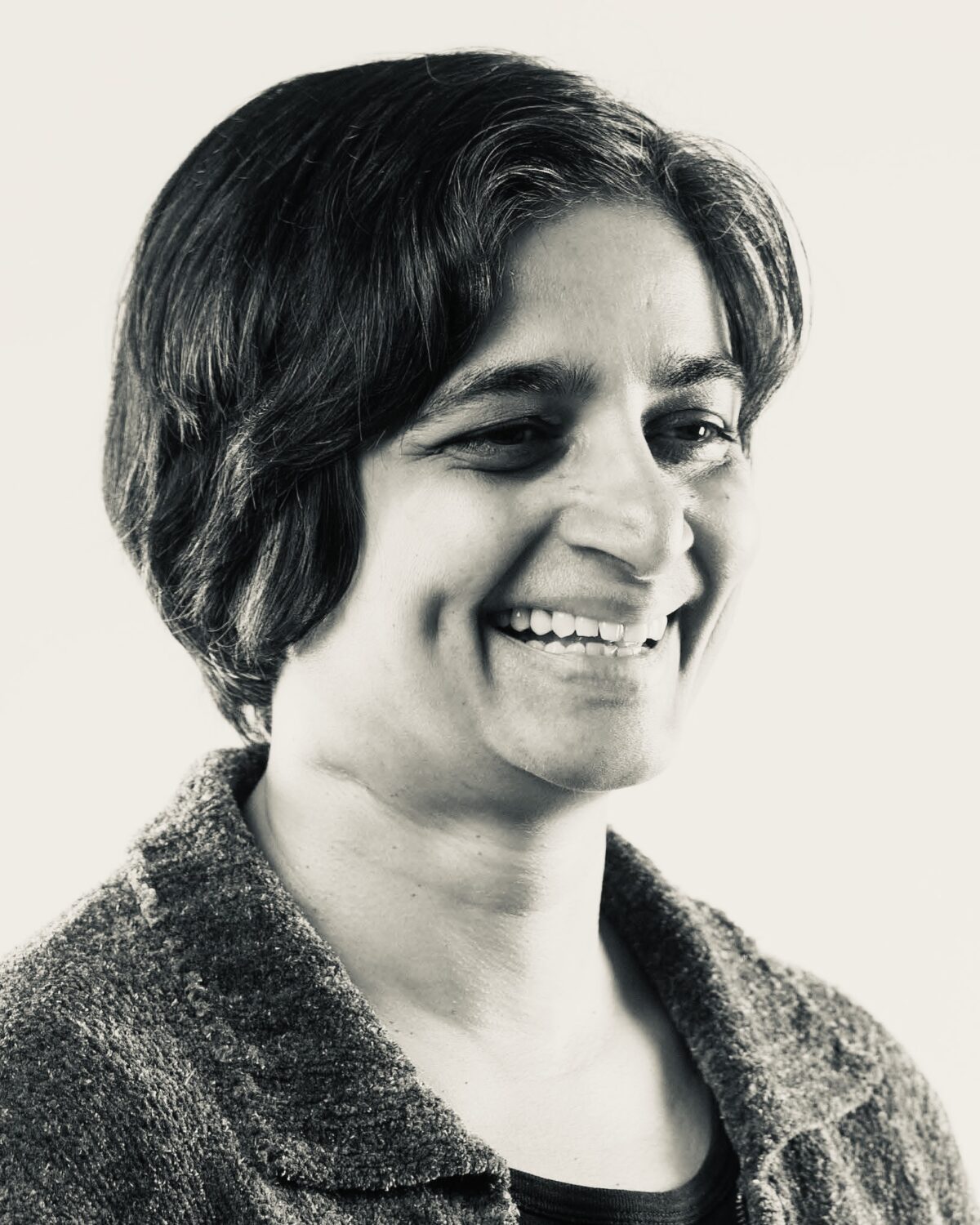
Professor Banu Subramaniam
Mercator-Fellow
Professor Subramaniam received her Bachelor of Science from the University of Madras, India, and her Ph.D. in Zoology and Genetics from Duke University. Originally trained as an evolutionary biologist and plant scientist, Subramaniam’s pioneering research in Feminist Science Studies has made her a leader in the field. Her work explores the philosophy, history, and culture of the natural sciences and medicine as they relate to gender, race, ethnicity, and caste. Her latest research rethinks the field and practice of botany in relation to histories of colonialism and xenophobia and explores the wide travels of scientific theories, ideas, and concepts as they relate to migration and invasive species.
Subramaniam’s newest book, Holy Science: The Biopolitics of Hindu Nationalism (University of Washington Press, 2019) won the 2020 Michelle Kendrick Memorial Book Prize from the Society for Literature, Science & the Arts. The book focuses on how science and religion have become interwoven in emergent nationalist politics and novel conceptions of modernity in India. The book weaves together techno-poetic myths and storytelling with imminent critique of scientific discourses to undo rigid notions of identity and belonging. Her previous book, Ghost Stories for Darwin: The Science of Variation and the Politics of Diversity (University of Illinois Press, 2014), was winner of the Ludwik Fleck Prize 2016 for an outstanding book across the breadth of science and technology studies. She is co-editor of Feminist Science Studies: A New Generation (Routledge, 2001) that put Feminist Science Studies on the map. Her recent edited volume with Duke University Press, MEAT! A Transnational Analysis—coedited with Sushmita Chatterjee, looks at human/animal/plant relations and at the production and consumption of meat (and its alternatives) from the vantage of a wide range of interdisciplinary scholars working at the intersections of the sciences and the humanities.
In 2016, Subramaniam won the Chancellor’s Medal, the highest faculty honor given by the University of Massachusetts Amherst in recognition of service to the campus, was al chosen as one of the speakers in the Distinguished Faculty Lecture Series, a celebration of excellence in public scholarship and teaching.